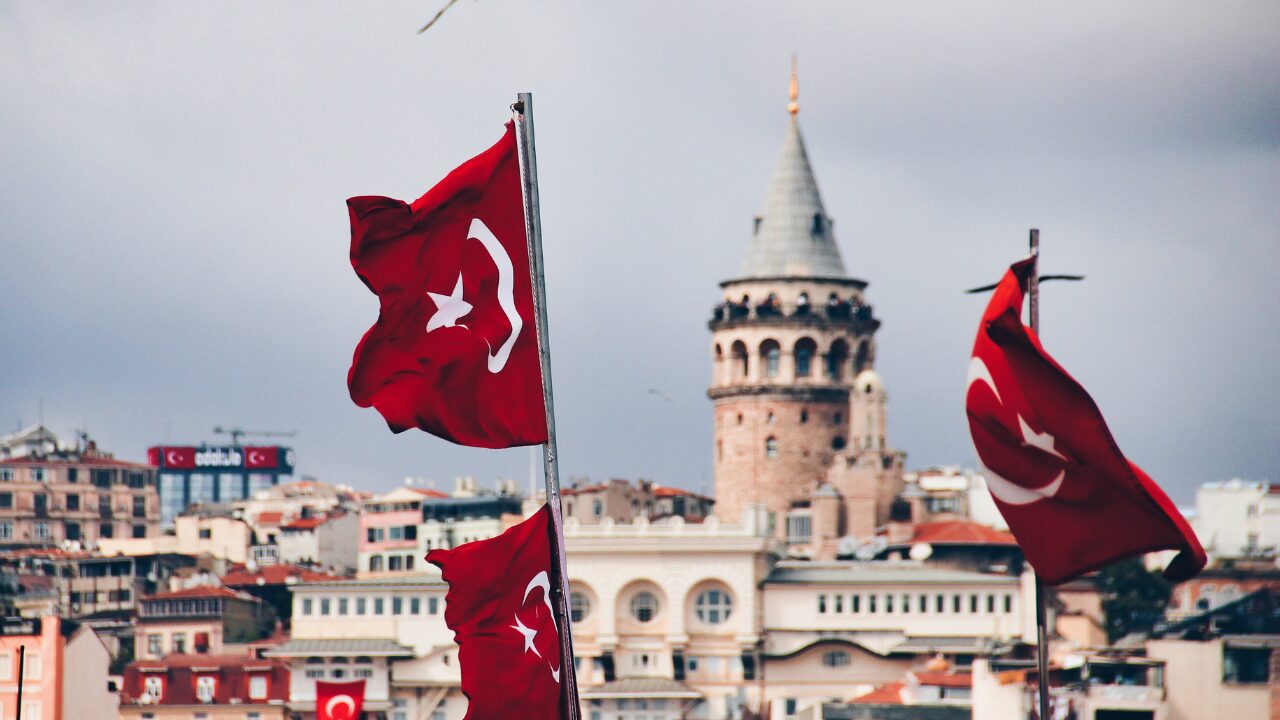Date first published: 11/03/2025
Key sectors: all
Key risks: political stability; governance; regional escalation
Risk development
On 27 February Abdullah Ocalan, the imprisoned leader of the Kurdistan Workers’ Party (PKK), called for the group’s disarmament and dissolution, urging its leadership to convene a congress to finalise the decision. The PKK responded with an immediate ceasefire and called for Ocalan’s release to oversee the process. Turkish President Recep Tayyip Erdogan hailed this as a “historic opportunity” but emphasised that PKK-affiliated groups in Syria and Iraq must also disband.
Why it matters
Ocalan’s call marks a major shift from the PKK’s decades-long armed struggle, which has claimed over 40,000 lives. The PKK’s move toward political negotiation stems from internal frustrations and shifting regional dynamics. With Turkey’s sustained military pressure reducing its battlefield prospects, the PKK’s willingness to disarm suggests a strategic recalibration. For Erdogan, this is a chance to secure his legacy as a peacemaker. With his presidency set to end in 2028, Kurdish support is key to maintaining influence. However, his crackdown on Kurdish opposition, including the removal of elected Kurdish mayors, complicates peace efforts. Whether the initiative leads to lasting stability hinges on Erdogan’s ability to balance repression with genuine political dialogue.
Beyond Turkey, the potential end of the PKK conflict carries regional implications. Ankara’s bid for greater influence in northern Syria could be bolstered by reducing PKK-linked instability. Israel, in particular, has strategic interests in Syria through its “David’s Corridor” plan, which aims to counter Iranian influence by strengthening Kurdish autonomy. A Turkish-brokered settlement with the PKK could challenge Israel’s ambitions, potentially sparking a proxy competition between the two states in Syria.
Background
The PKK – designated a terrorist group by Turkey, the US and the EU – has fought for Kurdish autonomy since 1984. Previous peace talks collapsed in 2015, reigniting violence. While Kurdish political movements in Turkey advocate for peaceful reforms, the PKK’s militancy has often undermined these efforts. Attacks such as the 23 October 2024 incursion on Turkey’s Aerospace Industries (TUSAS), in which five people were killed and 22 were injured, were seen as attempts to disrupt peace negotiations.
Regionally, the collapse of Bashar al-Assad’s regime has fuelled instability. US-backed forces, including the Syrian Democratic Forces (SDF) and People’s Defence Units (YPG), seek greater autonomy in northern Syria, making it unlikely they will align with PKK disarmament if it threatens their objectives. SDF Commander Mazloum Abdi has stated that Ocalan’s call does not apply to the group. Erdogan aims to use the PKK’s dissolution to pressure Washington into scaling back support for these groups, strengthening Turkey’s position in Syria.
The PKK’s presence in Iraq, particularly along the Turkey-Iraq and Iran-Iraq borders, remains a flashpoint. Erdogan’s push for conflict resolution also ties into his most ambitious economic project: the Iraq-Turkey rail and highway corridor. Securing this route, crucial for economic and defence expansion, requires eliminating PKK-linked instability.
Risk outlook
PKK disarmament remains uncertain due to internal divisions and Ankara’s stance. Erdogan will likely use the process to consolidate power and pressure the US to reduce support for Kurdish forces in Syria. This could challenge Israel’s ‘David’s Corridor’ strategy, intensifying competition over northern Syria. If Ankara offers no concessions, hardline PKK factions may resist, leading to fragmented insurgent activity. If negotiations succeed, phased disarmament could be possible, contingent on legal and political guarantees for Kurdish rights. The coming months will be critical in determining whether Ocalan’s call leads to genuine de-escalation or entrenches further divisions.

